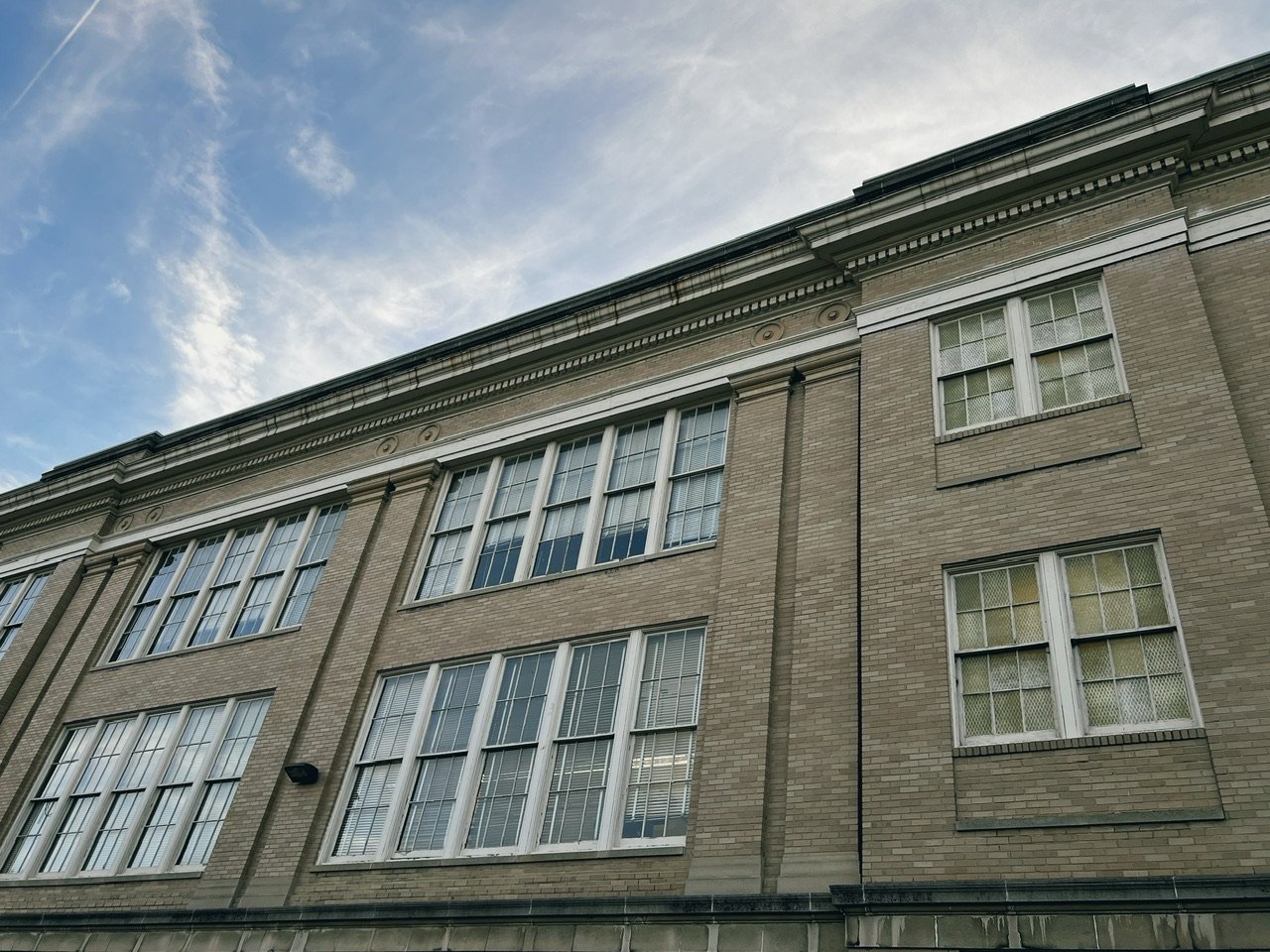Good morning, RVA! It's 57 °F, and today, the 16th of February, you can expect highs in the mid 70s. Seems warm, a little...too warm. In fact, NBC12’s Andrew Freiden says we could even get close to catching the all-time high of 78 °F (Twitter). Get out there and enjoy it today, because rain moves in tomorrow and brings with it cooler temperatures (but still not what I’d consider “winter weather”).
Water cooler
As the General Assembly session winds down, Kim Bobo, executive director of the Virginia Interfaith Center for Public Policy, has a look at three bills that “were killed (or appear dead)” and a nice reflection on public policy advocacy in Virginia. I liked this bit, which tells you why contacting your legislators is so important, even when your priorities don’t seem like they have any legislative hope at all: “Even though we may not see all the fruits of our labor this season, our work is not in vain. We are building the support and understanding on these and other issues, which is needed to advance them down the line. Next year is not an election year. The session will be longer. And we are long-distance runners, not sprinters.”
A while back, the Capital Region Land Conservancy bought a piece of property down by Great Shiplock Park from private owners, finally connecting some of the downriver parts of our riverfront. One of the benefits of this transaction, other than fulfilling some of the goals set out in Richmond’s Riverfront Plan, is that it allows for rerouting the Capital Trail off of horrible Dock Street and over somewhere closer to the river (and away from traffic). Cat Anthony, the executive director of the Virginia Capital Trail Foundation, has some new-to-me timing-news in their most recent email newsletter: “It has been exciting to learn more about the James River Association’s Education Center and the realignment of the Capital Trail off the street and onto the parcel of property along Dock Street. This development is between mile marker 50 and 51. Expect construction to begin in the Spring and we hope to see the new alignment of the Capital Trail and completion of the center by the end of Summer 2024.“ Summer of 2024 is right around the corner, and I can’t wait to check out this new section of trail!
Ian M. Stewart at VPM reports on what Henrico County has in mind for getting people in and out of their GreenCity development. Seems like good stuff: Expanding bus service, building new trails, and connecting over to the pending Fall Line Trail. There’s also a few quotes near the end of the piece about “upgrading” roads, which sounds a whole lot like widening to me. Whatever the County does end up doing, I hope they put as much thought—and money—into the non-car ways to get over to GreenCity as they do those upgraded roads.
Via /r/rva: “What are the best things to do in the city on your own?” I really loved this answer: “I pick a point on the map and walk to it. Sometimes a combo of public transport and walking, but usually around 2 miles of walking. I end up discovering all kinds of neat stuff (art, shops, food) on the way.”
Today, from 12:00–1:00 PM, RVA Rapid Transit will host a Transit Talk with GRTC’s new CEO, Sheryl Adams, and her new chief of staff, Adrienne Torres. The event is virtual, free, and a great way to celebrate our region’s women of color during Black History Month.
This morning's longread
Secretary Pete’s safe streets plan won’t succeed if engineers continue business as usual
You’re going to want to read Jeff Speck’s new column in The Hill. He’s fed up and argues for starting to hold engineering (writ large via a class-action lawsuit) responsible for the incredibly unsafe ways our streets are designed.
How did they do it? Here in the U.S., engineers enforce “minimum design speeds”; Dutch engineers do the opposite. When designing a street, they first ask what speed cars should travel in the neighborhood. They then shape that street to limit elbow room, so that drivers do not feel comfortable going faster. Contrast that Dutch approach with my experience a number of years ago designing a suburban neighborhood near Birmingham, Alabama. I was required by the county engineer to loosen the curves in a street until it achieved a “design speed” 10 mph above the posted limit — in a residential community. This approach seems preposterous to everyone, except apparently American engineers. The entrenched pro-speed practices of our engineers helps to explain why Vision Zero – the global campaign to eliminate urban traffic deaths – is failing so miserably in North America.
If you’d like to suggest a longread to show up here, go chip in a couple bucks on the ol’ Patreon.
Picture of the Day
Richmond Community during golden hour.

